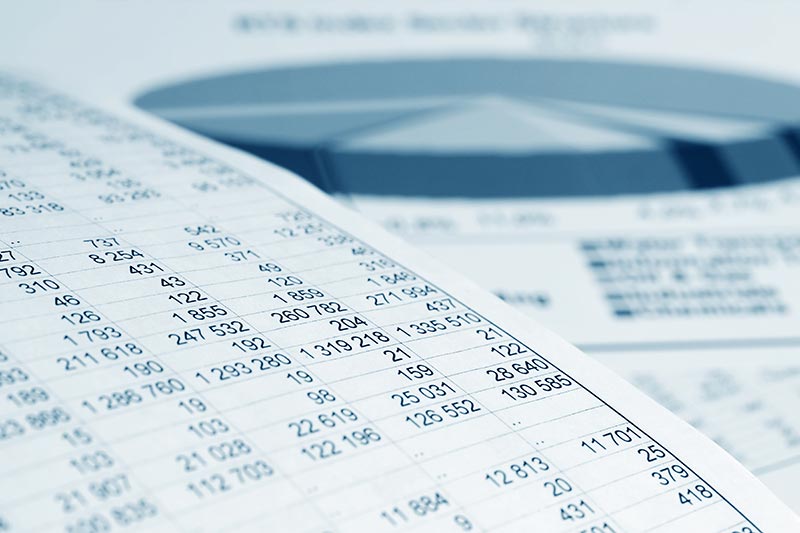Retirees can follow these simple guidelines to help manage their tax situations.
Everyone can benefit by minimizing their tax liability, but retirees in particular have to pay close attention to their tax bills. When you’re on a fixed income, you can’t afford to pay the IRS any more than is absolutely necessary. Fortunately, there are ways that you can minimize your taxes in retirement and enjoy your golden years in style. The following tips will give you a good starting point for considering how to cut your tax bill.
1. Have a mix of retirement accounts
Many retirees have much higher tax bills than they expect because of withdrawals they make from retirement accounts. Traditional IRAs, 401(k)s, and other tax-favored retirement plan accounts require you to include any withdrawals as taxable income in the year in which you take money out of your retirement account. If you have Roth IRA or Roth 401(k) accounts, you typically don’t have to pay income on withdrawn funds. By planning for retirement with a mix of regular and Roth retirement accounts, you can balance your withdrawals to help you with your tax planning, drawing money from each source in a way that cuts your taxes to the largest extent possible.
2. Keep taxes on Social Security under control
Under certain circumstances, Social Security benefits become taxable. Specifically, if the sum of your outside income and one-half of your Social Security adds up to more than $25,000 for singles or $32,000 for couples, then a portion of your benefits can be subject to tax. If you can keep your outside income lower for tax purposes, then it can have the added benefit of leaving your Social Security untaxed as well.
3. Take full advantage of low rates on dividends and long-term capital gains
Qualified dividends and long-term capital gains get taxed at lower tax rates, and smart investors take full advantage of those breaks even in retirement. In particular, if you’re in the 10% or 15% tax brackets for ordinary income purposes, then you get tax-free treatment on dividends and capital gains. By being mindful of when you sell your investments and whether the dividends that a particular stock pays are qualified or not, the net result can be bigger tax savings than you would expect.
PLEASE NOTE: The information being provided is strictly as a courtesy. When you access this link you are leaving our website and assume total responsibility for your use of the website you are linking to. We make no representation as to the completeness or accuracy of information provided at this website. Nor is the company liable for any direct or indirect technical or system issues or any consequences arising out of your access to or your use of third-party technologies, websites, information and programs made available through this website.

